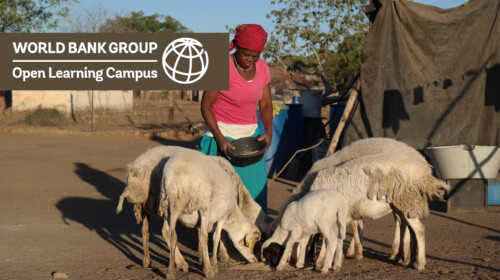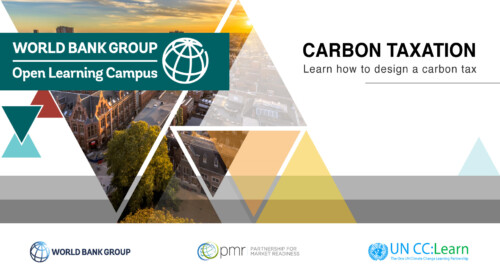Our world is becoming a riskier place to live in. Climate change is causing rainfall to become less predictable; it is leading to more flooding and dry periods; sea levels are rising; and extreme weather events are becoming more common. Nowhere are these impacts more evident than in the agriculture sector, which for so many countries is a very important economic sector, also providing livelihoods for the poorest in society.
This e-tutorial will provide you with an introduction to how governments can respond to the climate change challenge through better budgeting. It will introduce and explain a new approach to integrating climate change risks and opportunities into budget preparation. So called “climateresponsive budgeting” allows sectors to identify investments likely to perform best under a changing climate.
The tutorial has been developed under the UNDP Strengthening the Governance of Climate Change Finance to benefit the poor and vulnerable (2012-16) programme, with support from the Government of Sweden.
The tutorial is divided into five sections, and it takes around 30 minutes to complete all sections.
Target Audience
The e-tutorial has been designed for officials located within a sector ministry affected by climate change, particularly the agriculture sector. However other interest groups may also find the content useful.
Learning Objectives
After completion of the e-tutorial learners will be able to:
- Identify climate change-related risks faced in economic sectors, in particular, the agriculture sector
- Explain how these risks can affect public finance, including the effectiveness of sectoral
investments, and - Describe how cost-benefit analysis can be used to optimize sectoral budgeting under a
changing climate”









